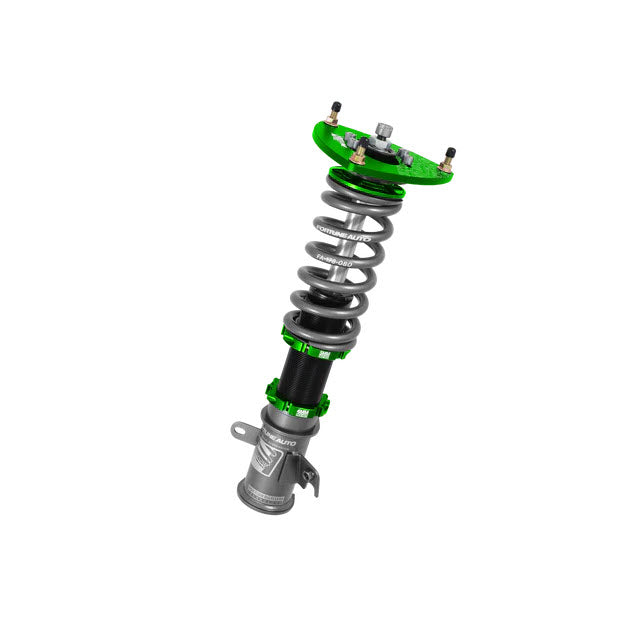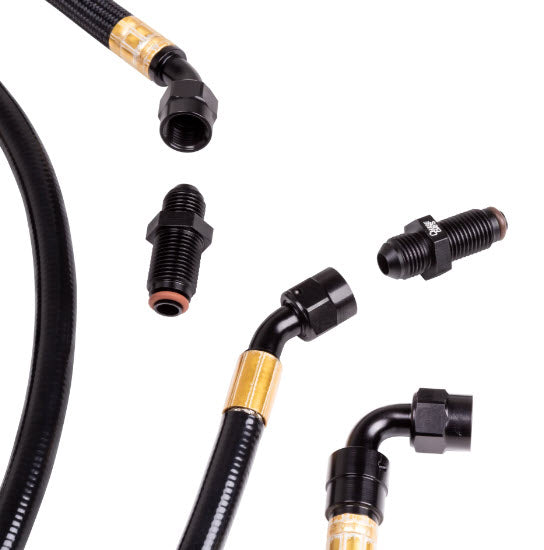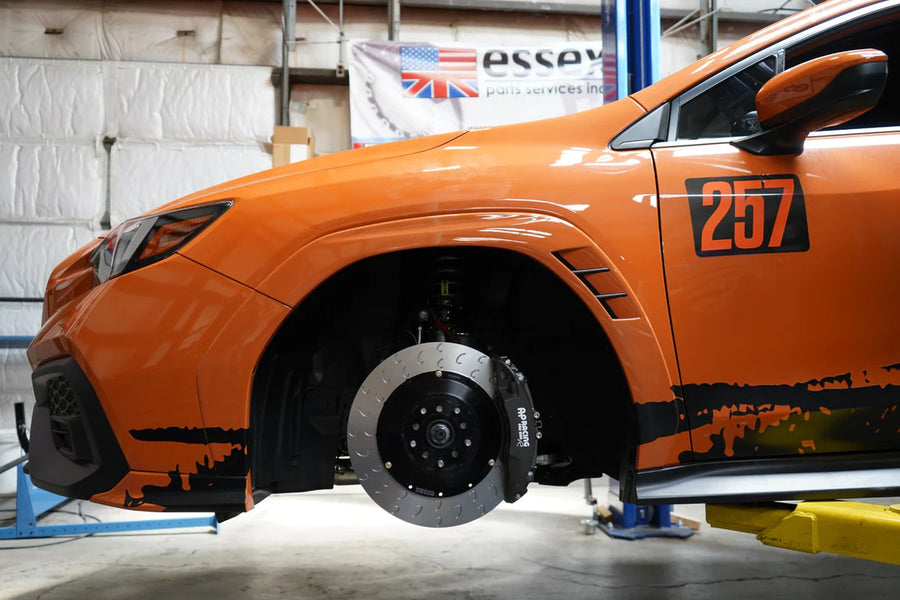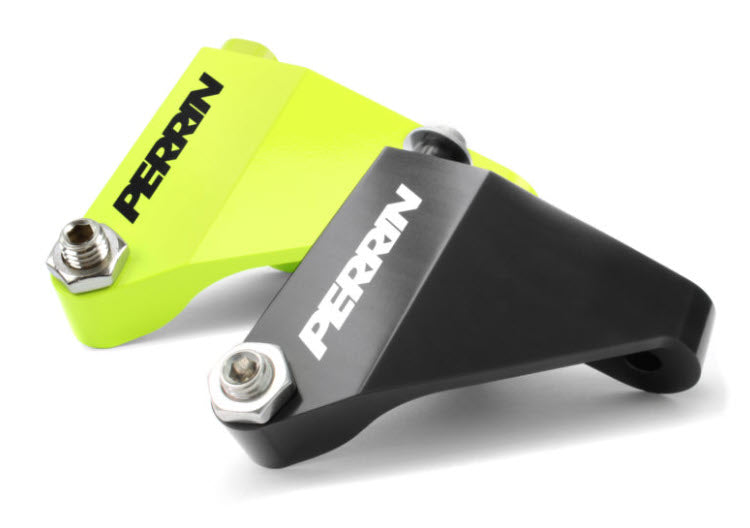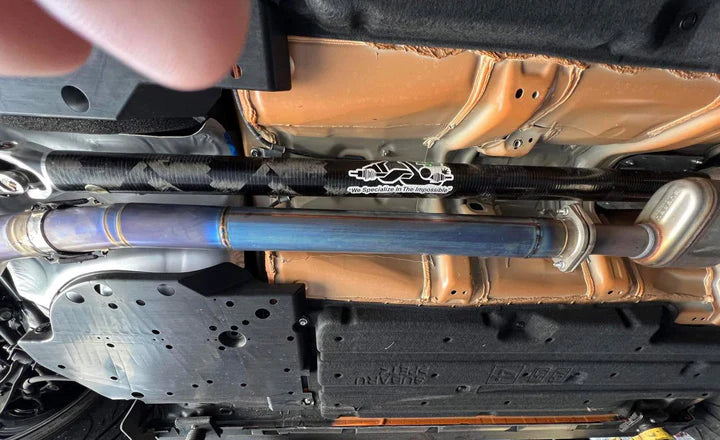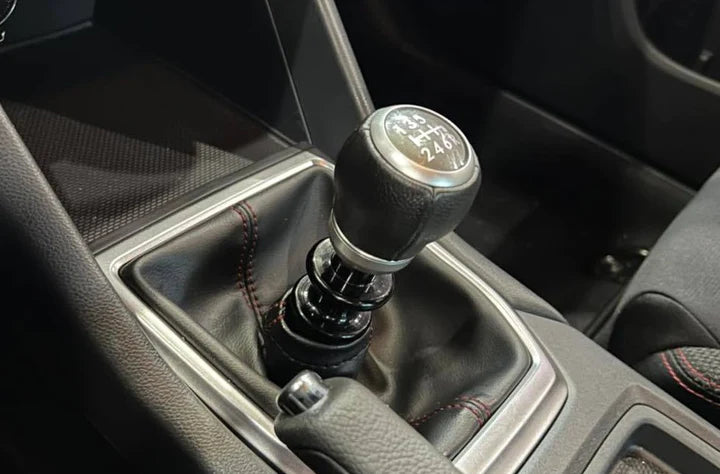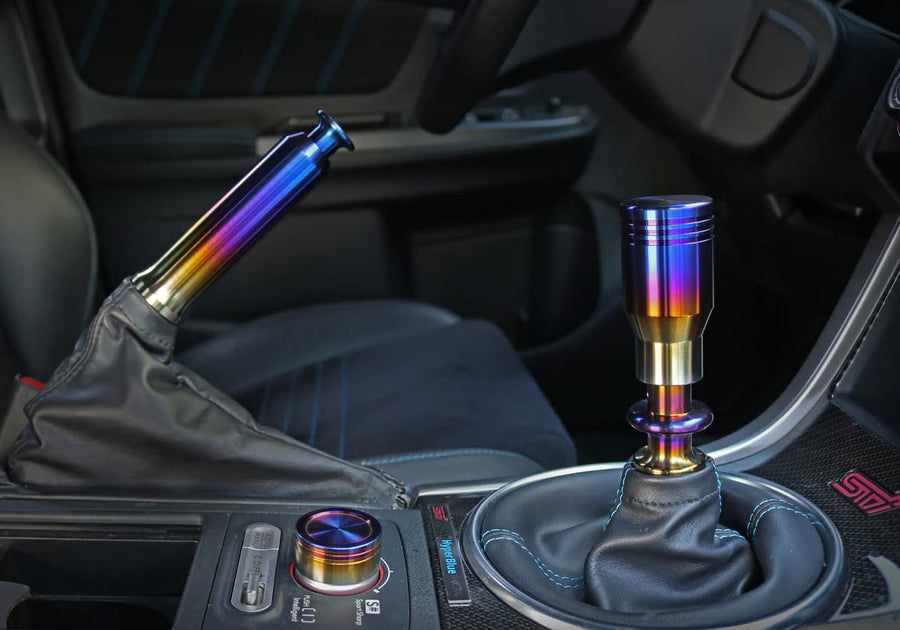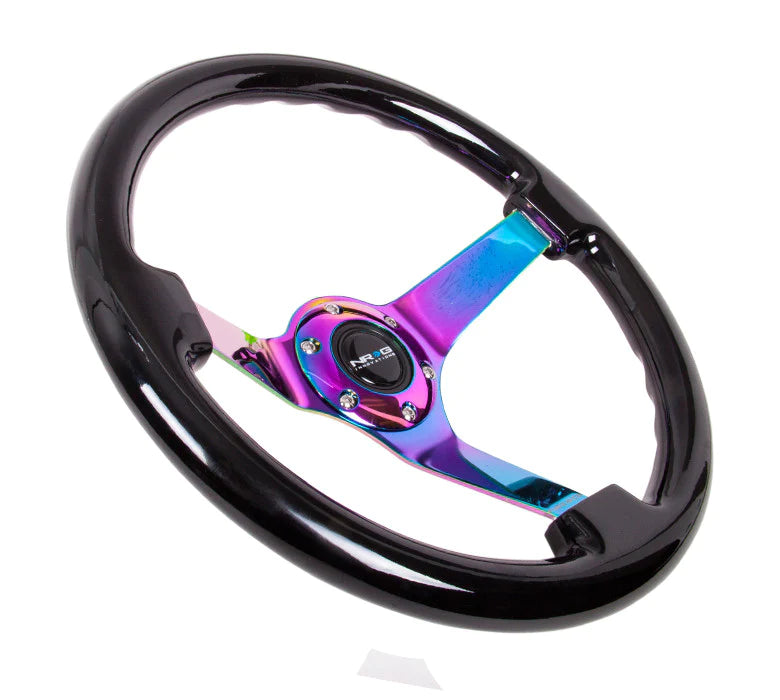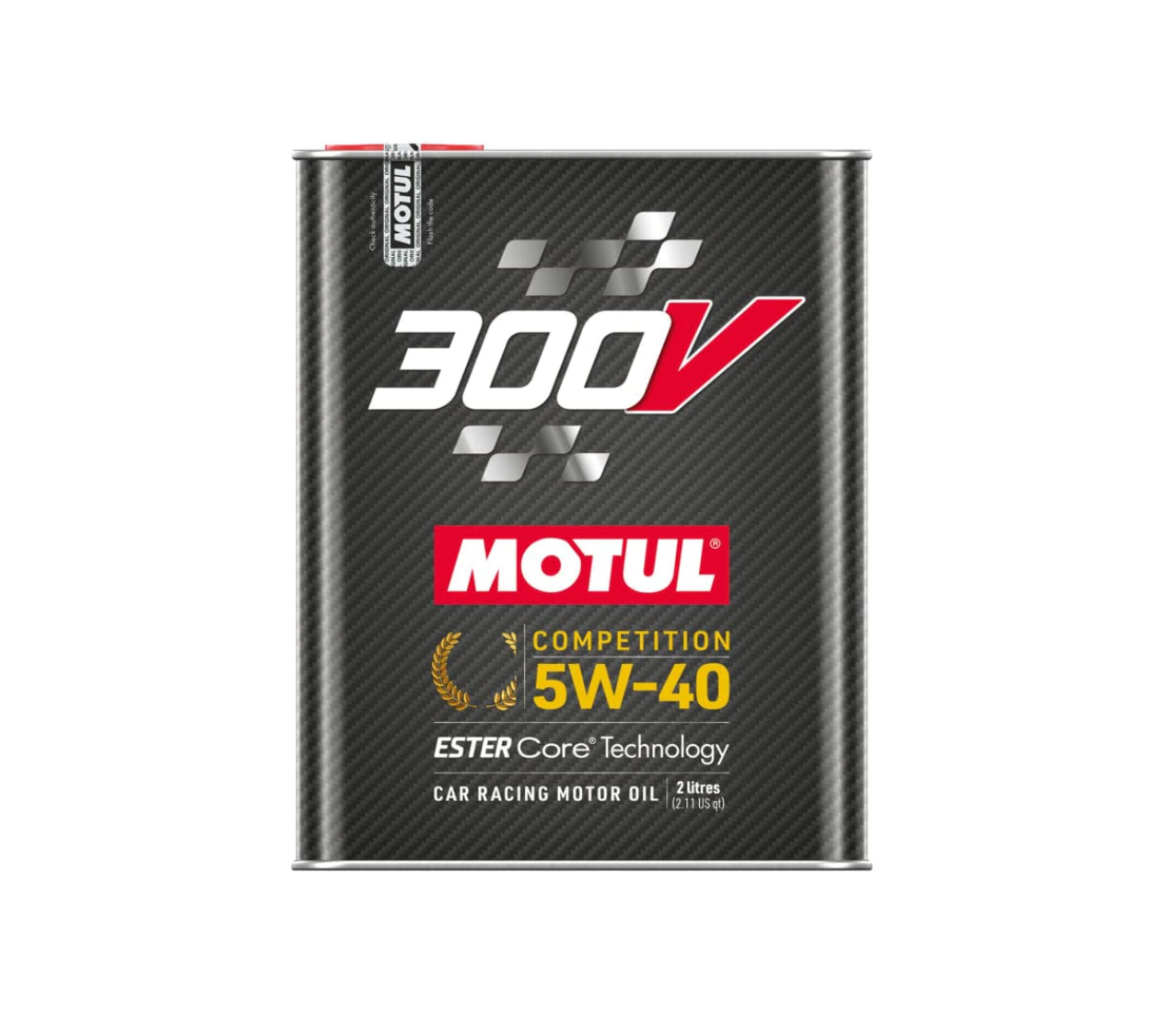-
ENGINE
Air Boxes Air Filters Air Intakes & Parts Intake Manifolds & Parts Inlet Hoses & Pipes Sound Deletes Throttle Bodies & Parts TGV DeletesCoolant & Additives Coolers Electric Fans Clamps & Couplers Heat Isolation & Wrap Injection Systems Intercooler Kits Intercooler Cores Hose & Pipe Kits Intercooler Shrouds Overflow Tanks Radiators Radiator Caps Radiator Hoses Thermostats Water PumpsAlternator Covers Bolt Replacement Boost Solenoid Covers Dipsticks ECU Accessories Engine Caps Engine Covers Fender Shrouds Hood Dampers Radiator Shrouds Radiator StaysStaged Power Packages Engine Management Harnesses Engine Management Sensors Plug & Play Engine ManagementAxle Back Exhausts Cat Back Exhausts Exhaust Hardware Exhaust Hangers Exhaust Heat Shields Exhaust Pipes Exhaust Tips and Silencers Exhaust Headers and Manifolds Turbo Back ExhaustsFlex Fuel Cleaners & Additives Fuel Equipment Fuel Filters Fuel Injectors & Accessories Fuel Lines & Fittings Fuel Pressure Regulator Gauges Fuel Pressure Regulators Fuel Pumps Fuel Rails Surge TanksBearings Belts & Accessories Block Off Plates Camshafts & Accessories Crankshafts Gaskets Hardware & Fittings Heads Long Blocks Performance Hardware Piston Rings & Clips Pistons & Sleeves Pulleys Rods Short Blocks Motor Tools Valves & Accessories -
BRAKES
-
EXTERIOR
Body Kits Diffusers & Vortex Generators Front Lips Front Splitters Rear Lips Side Skirts Spoilers and WingsAntennas Exterior Garnishes Hood Pins & Latches Horns License Plate Components Mirrors Window Accessories - SHOP BY BRAND
- SALES
IAG Air / Oil Separator (AOS) For 2008-14 Subaru Impreza WRX & 2008-21


